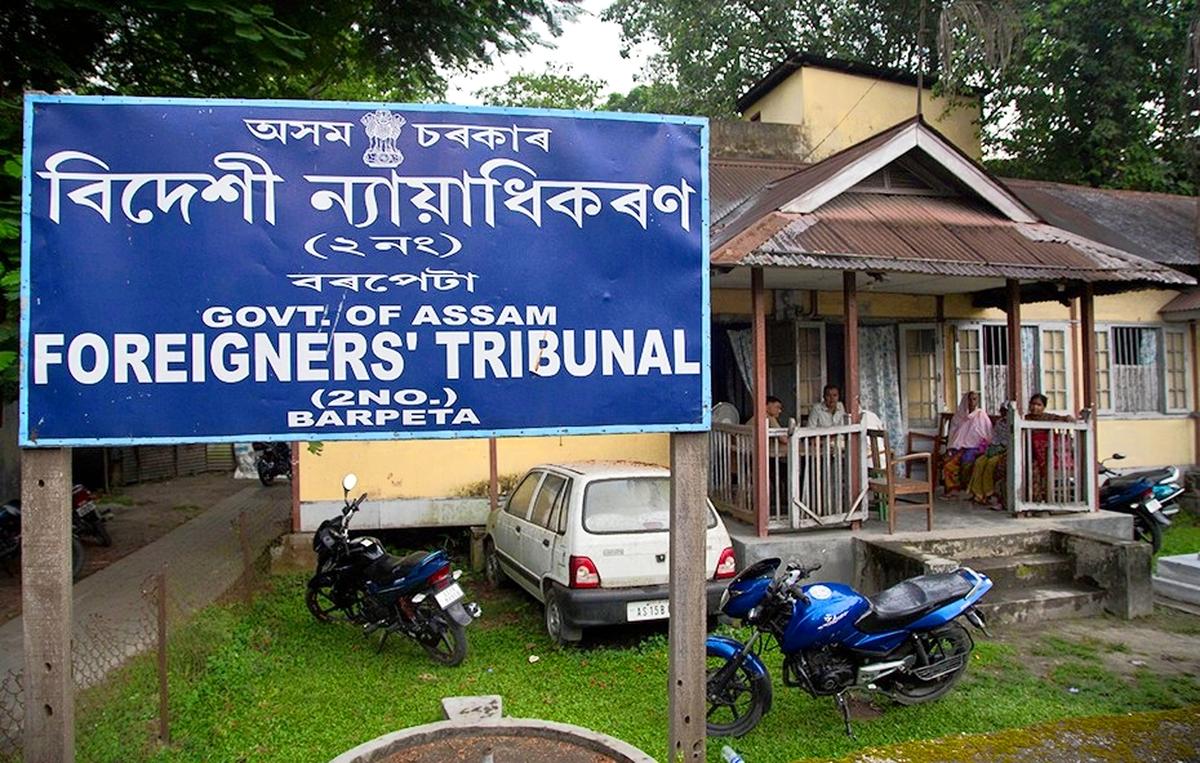Foreigners Tribunals

- 08 Sep 2025
In News:
The Union Home Ministry has recently empowered Foreigners Tribunals (FTs) with expanded judicial authority under the Immigration and Foreigners Act, 2025, which came into effect in September 2025. This marks a significant shift in India’s approach to dealing with suspected illegal immigrants, particularly in states like Assam.
Background
- Earlier Framework: Foreigners Tribunals were originally set up under the Foreigners (Tribunals) Order, 1964, issued under the Foreigners Act, 1946. Their main role was to determine whether a person was a foreign national.
- In Assam, such tribunals were established after the Illegal Migrants (Determination by Tribunals) Act, 1983 was struck down by the Supreme Court in 2005. Currently, around 100 FTs are functional in the state.
- Earlier, detention of declared illegal immigrants was carried out through executive orders, without direct judicial sanction.
Provisions of the 2025 Act
The Immigration and Foreigners Act, 2025 repeals older legislations and replaces the 1964 Order, giving FTs enhanced powers akin to those of a civil court and a first-class judicial magistrate.
New Powers of Foreigners Tribunals:
- Summoning and enforcing attendance of individuals and examining them under oath.
- Requiring production and verification of documents.
- Issuing commissions for the examination of witnesses.
- Directing suspects (“proceedees”) to appear in person.
- Issuing arrest warrants in case of non-appearance.
- Sending suspected or declared foreigners to detention/holding centres pending deportation.
Procedural Aspects:
- Notices are served to suspected individuals to prove their citizenship within 10 days.
- Cases are to be disposed of within 60 days of reference.
- Declared foreigners are placed in detention or transit camps until deportation.
Significance
- Strengthened Legal Framework: Brings uniformity and judicial backing to the process of identifying and detaining unauthorised foreigners.
- Due Process Assurance: Ensures quasi-judicial scrutiny before declaring an individual a foreigner.
- Regional Relevance: Particularly critical in Assam and Northeast India, which face unique challenges of cross-border migration.
- Administrative Clarity: Clearly demarcates powers between executive authorities and tribunals.
